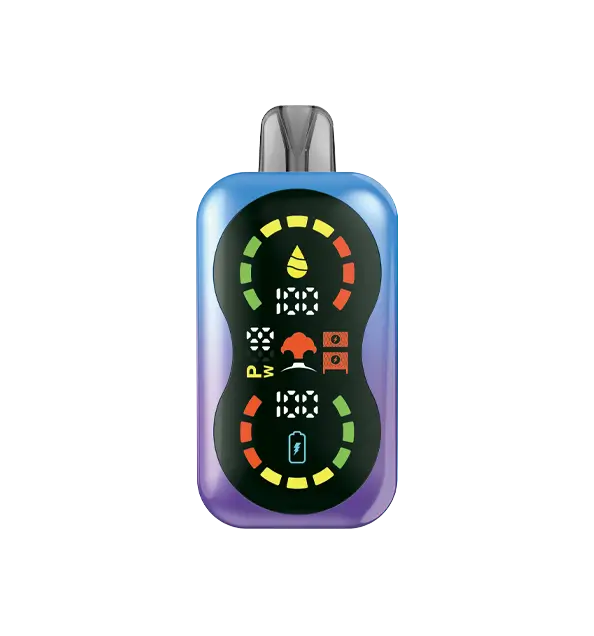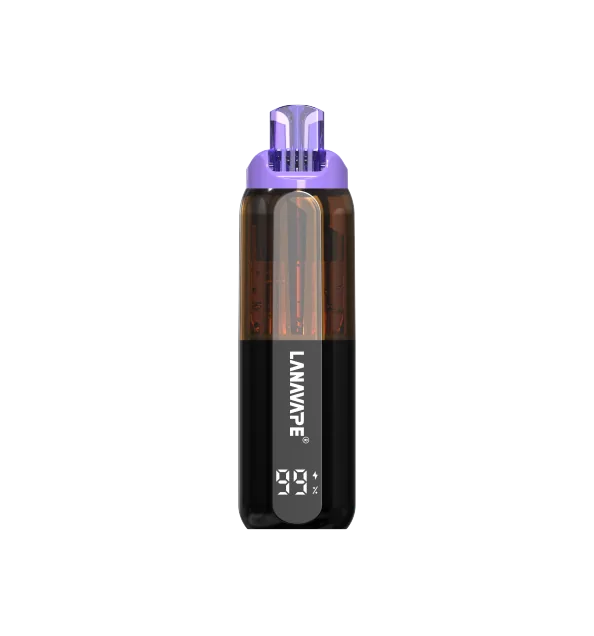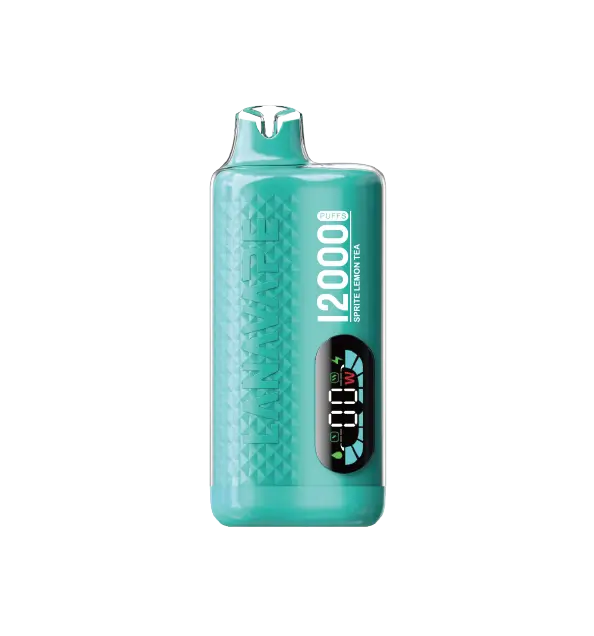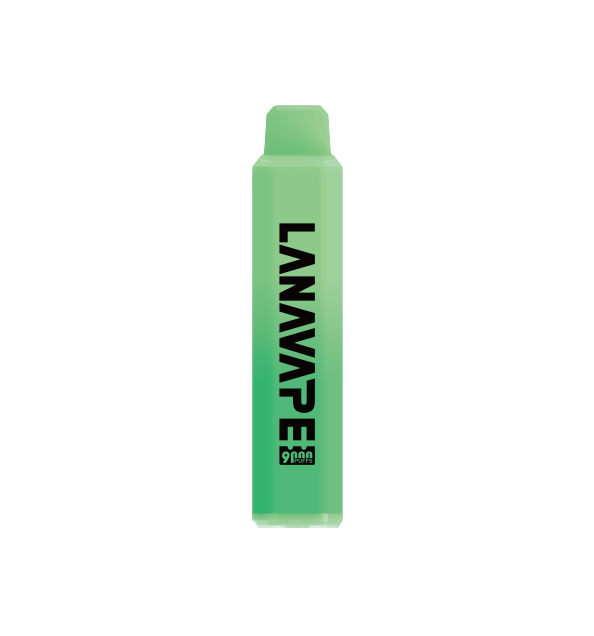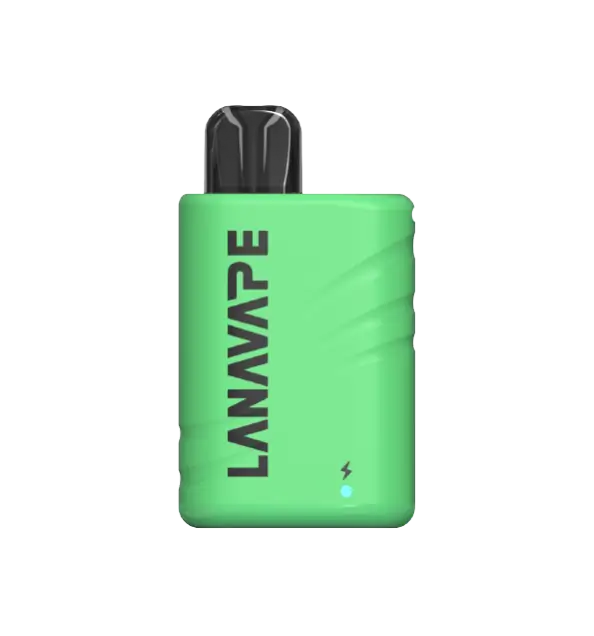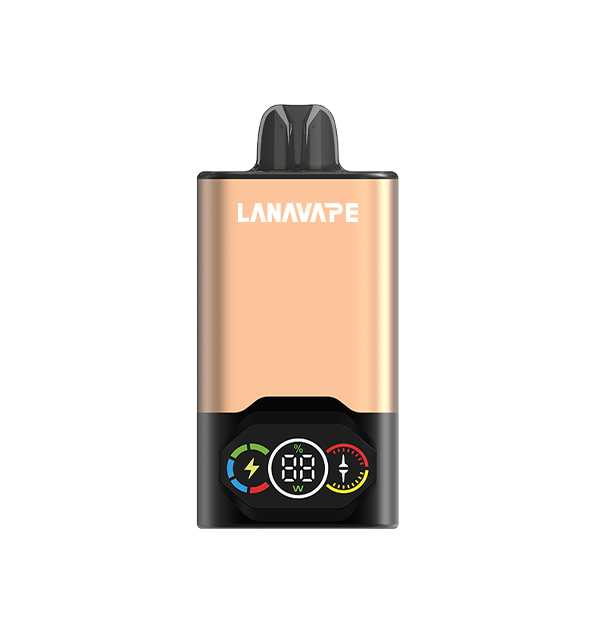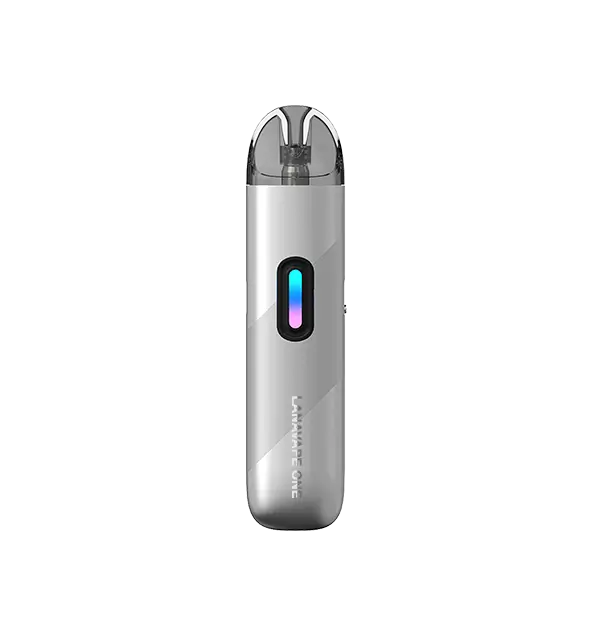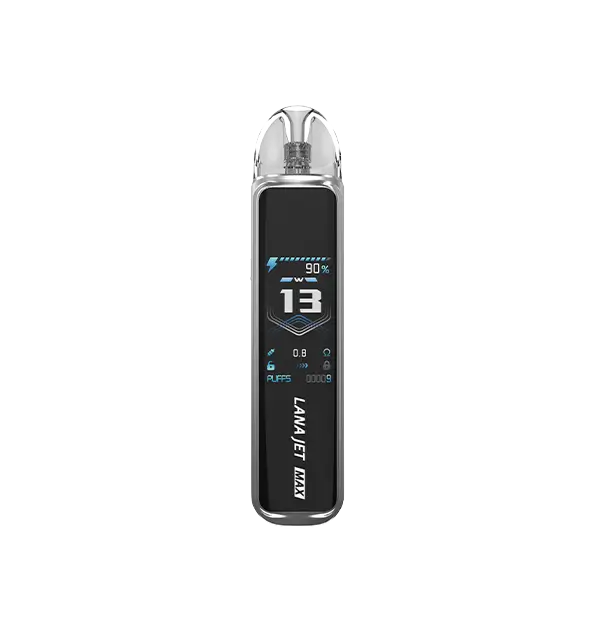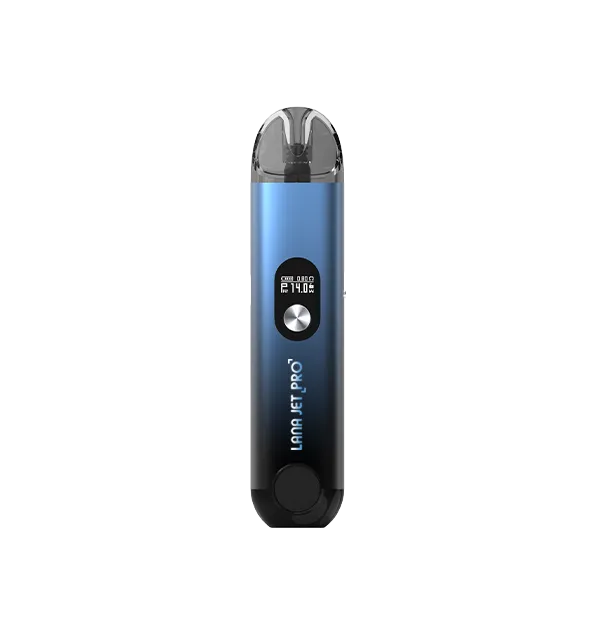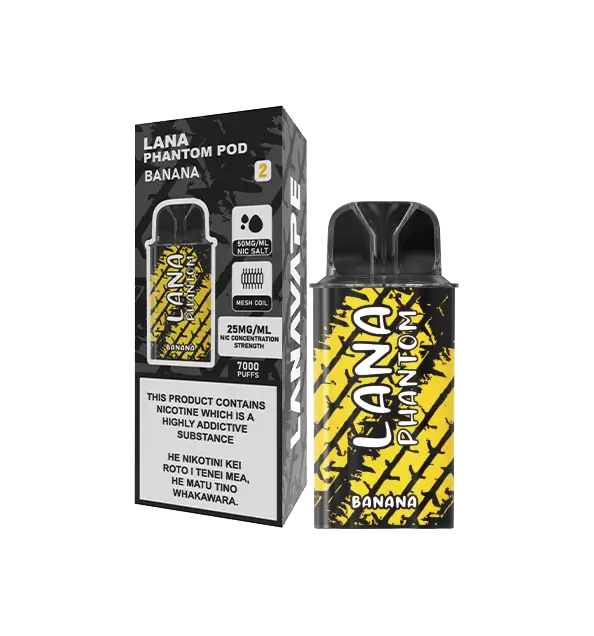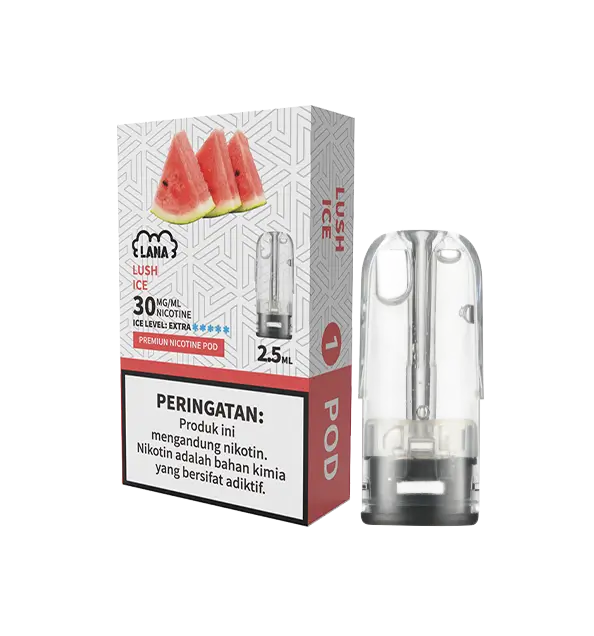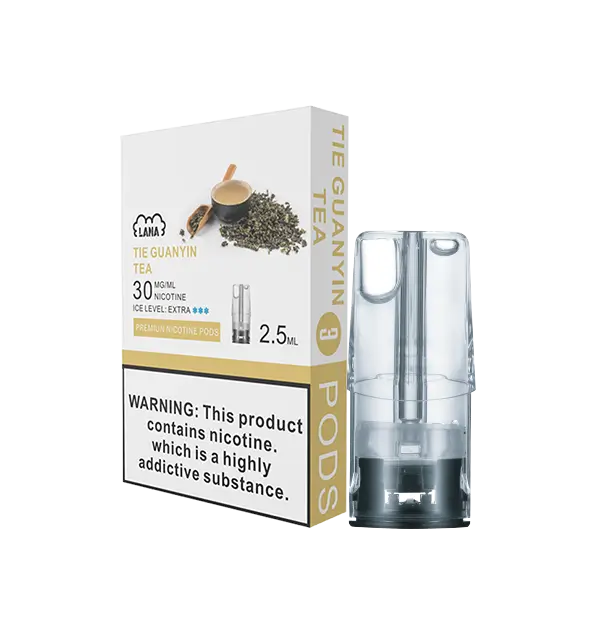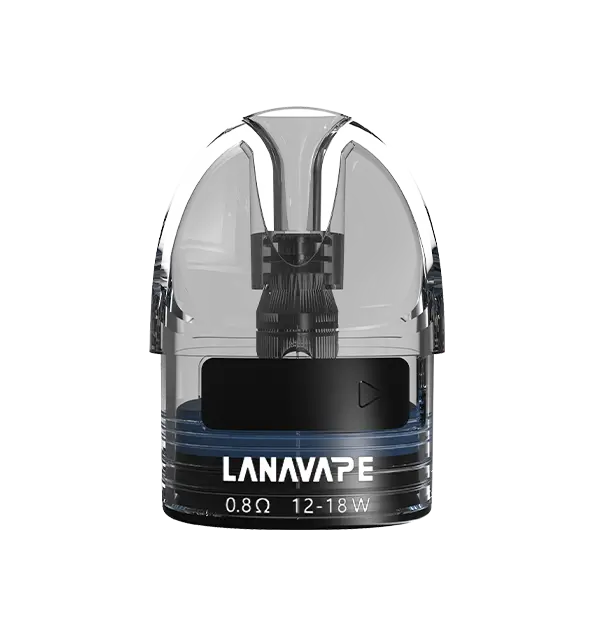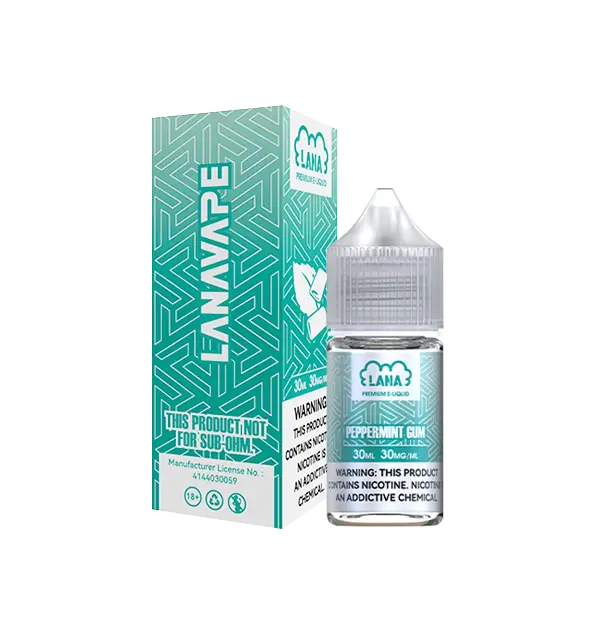
Nicotine is the main addictive substance in cigarettes, but many smokers do not know how long it stays in the body and how it affects their health. In this article, we will combine nicotine metabolism, testing methods and accelerated elimination techniques to answer the key question of “how long does nicotine stay in the body”, and incorporate Google's highly searched keywords to help you scientifically quit smoking and restore your health.
I. Metabolic timetable of nicotine in the body
After nicotine enters the bloodstream, its metabolic process can be divided into three stages:
Absorption period (0-2 hours)
Peak concentration: 10-20 minutes after smoking, the concentration of nicotine in the blood reaches the highest value.
Immediate effect: Stimulates dopamine secretion and produces a transient feeling of pleasure (search term: nicotine mechanism of action).
Half-life (2 hours - 48 hours)
Definition of half-life: it takes about 1-2 hours for nicotine concentrations to fall by half, but its metabolite, cotinine, has a half-life of up to 16-20 hours.
Time to complete metabolism: takes about 48-72 hours, but individual variation is great (search terms: nicotine half-life, cotinine test time).
Residual period (3 days - 3 months)
Hair test: nicotine metabolites can remain in hair follicles for up to 3 months (search term: nicotine hair test).
Long-term effects: Repeated smoking can lead to a continuous accumulation of nicotine in the body, aggravating dependence.
II. 5 major factors affecting the rate of nicotine metabolism
Genetic differences
CYP2A6 enzyme activity: this enzyme is responsible for breaking down nicotine, and those with genetic mutations may metabolize it 30%-50% slower (search term: nicotine metabolism genetic testing).
Age and gender
Metabolism is slower in older people and is usually faster in women than in men (search term: effect of age on nicotine metabolism).
Liver and Kidney Function
Liver and kidney dysfunction prolongs nicotine elimination (search term: liver metabolism of nicotine).
Frequency and mode of smoking
People who smoke more than 20 cigarettes per day have significantly higher nicotine residues in their bodies (search term: nicotine residues in heavy smokers).
Lifestyle Habits
Inadequate water intake and high-fat diets slow down metabolism, while exercise
III. 5 Scientific Methods to Accelerate the Discharge of Nicotine
1. Drink plenty of water
Drink 2-3 liters of water a day to promote kidney filtration (search term: drinking water to discharge nicotine).
2. Aerobic exercise
Running, swimming and other sports to accelerate blood circulation, through sweat to discharge toxins (search term: exercise to accelerate nicotine metabolism).
3. Dietary adjustments
Antioxidant food: broccoli, blueberries can reduce free radical damage.
High-fiber foods: oatmeal, whole wheat bread to help intestinal detoxification (search term: nicotine detoxification food recommendations).
4. Sauna or steam bath
Sweat out nicotine metabolites through the skin (search term: sauna detox nicotine).
5. Smoking cessation replacement therapy
Use of nicotine patches or gum to gradually reduce dependence (search term: nicotine replacement therapy effects).speeds up elimination (search term: how to eliminate nicotine quickly).




